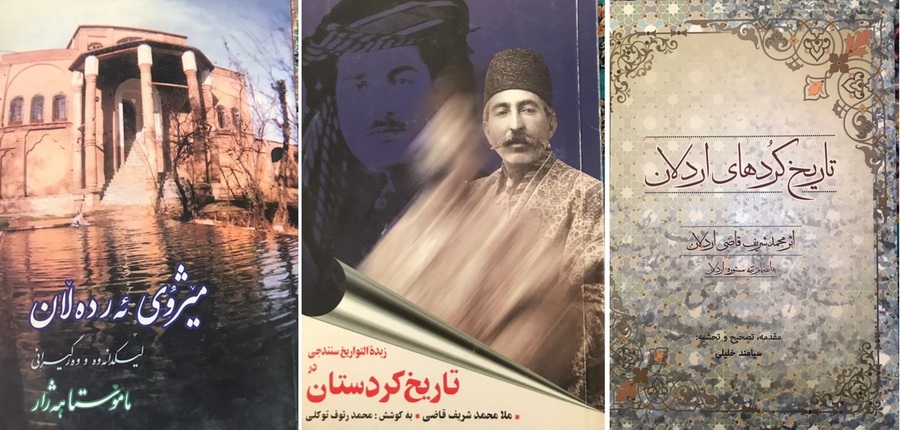Alla Komar
One method of historiography is to write “regional history”. The basis of this style goes back to love of the country, patriotism, and national pride; In other words, the author explores this geography according to their special feeling for their homeland and tries to define it differently and give it a unique dignity compared to other regions.
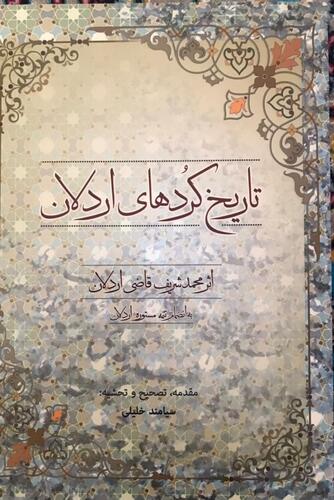
However, one of the characteristics of regional history is that it has the opportunity to escape the dominant historiography (where history is devoted to political power), focus on the lives of the common people, and bring their role to history. That is, regional history has focused more on the social aspect of history, and the ignorance of it is a great loss of historical texts.
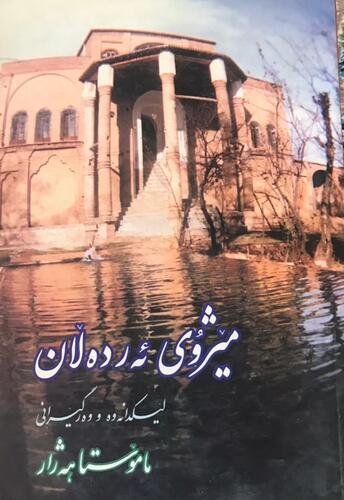
Social history and the clear narrative of the lives of ordinary people is one of the most important contents of history that interprets a wide range of past human life and culture and highlights the structure, processes, and consequences of human actions in society.
Suppose history has been devoted to the lives of the rulers and the powerful. In that case, social history is dedicated to the lives and behavior of the oppressed and ordinary people and their social roles at various levels of social structures. As mentioned at the beginning, social issues have become more prominent in regional history and historian has tried to create a social definition in their text while writing the history of the region in which they lived and focus on the famous figures of the region even nomads, the companions of the prophet who came to the region, and also a look at the poets, scientists, businessmen, professionals and religious figures.
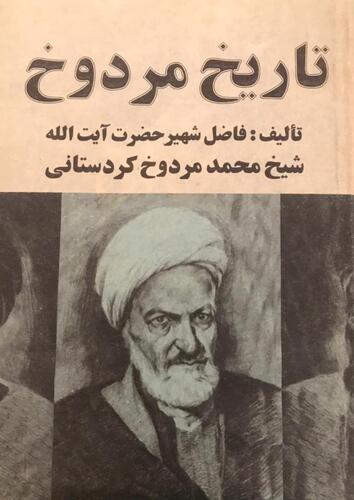
In addition, it uses part of its work to introduce buildings, castles, geographical and demographic characteristics, and even occasionally discusses the people's economy, agriculture, and economic and social relations in its historical text.
However, it should be noted that this kind of historiography has its own problems, and historians according to the feelings and love they have for their homeland, start competing with other regions and try to exaggerate and add more to explain their region, which can never be proved by historical logic. Furthermore, although the historian has looked at specific people, places, and personalities, despite what we have mentioned, we cannot say that this kind of history is very strong in terms of presenting social issues because it actually engaged in writing political and militant history and the weight of the text remains on those subjects and the subject on people, their behavior and life, and the history of their beliefs and thoughts are still missing. However, as we have said, regional histories appear somewhat better in terms of social history because of their emphasis on a particular region. The subjects related to society are better found in it (although more so in the dominant society).
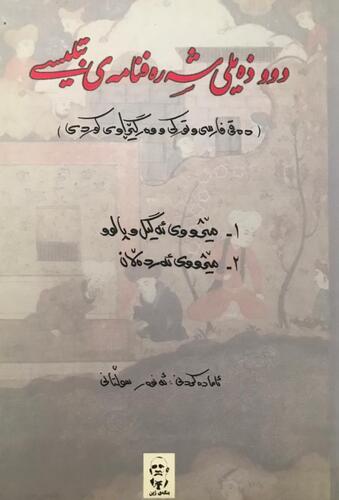
During the Qajar period, a good number of regional histories were written about Kurdistan, some of which we will mention here. “Zabda al-Tawarikh” by Mullah Mohammad Sharif Qazi Snayi (Sanandaji), “The History of Ardalan” by Mastura Kurdistani, “Seir al-Akrad” by Farhad Mirza Motamed-ud-Dawla, “Lab al-Tawarikh” by Khosrow Beig Ardalan, Hadiqa Nasiriyah and Marat al-Zafar by Mirza Ali Akbar Kurdistani are several of the well-known texts that are specific to the Kurdistan region.
If we look at these texts and see how many social subjects we find, in fact, compared to most of the great regional histories of the time, the authors of these texts rarely wrote about society. Their style of writing on regional history did not reach a high level, and social life, except a few lines, is not mentioned. The life of the ordinary Kurdish people has not had enough opportunities to echo even in the history devoted to their homeland.
One of the regional histories written about Kurdistan is the historical book "Zubdatu Tawarikh" by Mullah Mohammad Sharif Qazi Sanandaji.
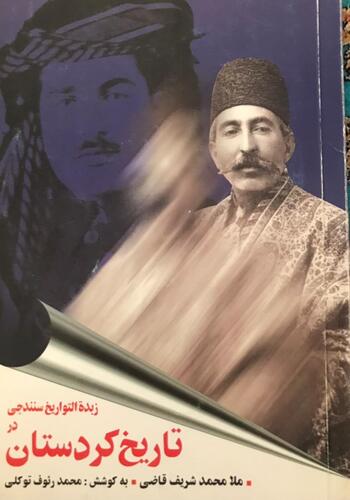
Mullah Mohammed Sharif was born in 1151 AH. He was from an educated family (who were among the religious clerics of Kurdistan) and in addition to religious science, he also knew astronomy, wrote history, and was famous for his good calligraphy. In the late twelfth century AH, Mullah Mohammad was the judge of the Ardalan region and in the same years, he wrote the book Zubdatu Tawarikh under the name of Khosrow Khan, Governor of Ardalan. The book is written in twelve chapters, the eleventh of which is a special chapter on the history of the Kurdistan region. One third of the book is about the information of Kurdistan and the rest is a general history of Iran and Islam. The author has started the history of Kurdistan from the beginning of the reign of Baba Ardalan until the time of Amanullah Khan the Great and has given very good information on the proof or erasure of the Ardalan rulers by the Safavid, Afshar, and Qajar dynasties.
If we look for subjects related to society in the text of the book, we will find nothing. Like most historians and following their writing style of history, the author did not pay much attention to the lives of the people and mostly focused on the history of politics and militant. The only thing available as a social subject is the tax collection and relations of the Nader Shah Afshar state from the people and the pressure and problems of the tax collectors to some extent. According to the text, along with the rule of Subhan Verdi Khan, son of Abbas Quli Khan Ardalan, the state's greed developed and the people could not resist the pressure and took the path of migration and left their homeland. Subhan Verdi Khan joined the tax collectors and attacked the people of Kurdistan for taxes, which caused more people to leave their homes for fear of the king. Finally, only a few famous residents who felt shy to be displaced remain. This continued until Nader Shah was killed by fighters close to him, and the people who had migrated for fear of poverty did not return until his death.
This is all the social content that Mullah Mohammad Sharif wrote and had little attention to the people, but it is not enough to open us up to at least some broad insights into the history of the Kurdish people of that time.

